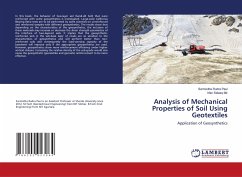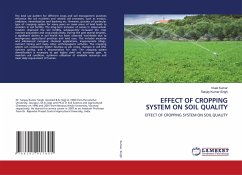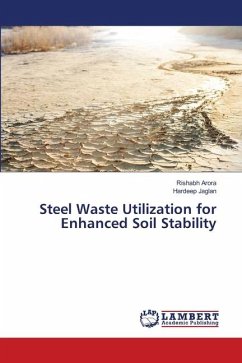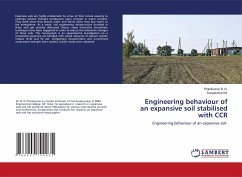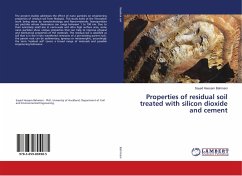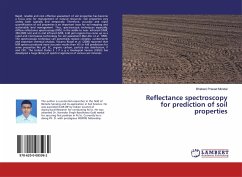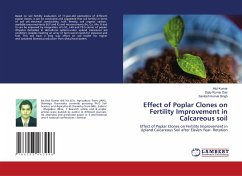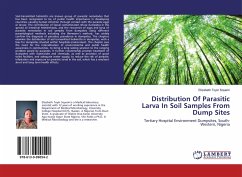
Distribution Of Parasitic Larva In Soil Samples From Dump Sites
Tertiary Hospital Environment Dumpsites, South-Western, Nigeria
Versandkostenfrei!
Versandfertig in 6-10 Tagen
27,99 €
inkl. MwSt.

PAYBACK Punkte
14 °P sammeln!
Soil-transmitted helminths are known group of parasitic nematodes that has been recognized to be of public health importance in developing countries, causing human infection through contact with the parasite eggs or larvae. The contribution of faecal contaminated refuse dumpsites in the spread of intestinal helminthiasis, and the recoveries of eggs and larva of parasitic nematodes in soil samples from dumpsites using different parasitological methods including the Biermann's method, has widely confirm the diagnosis of parasites prevalence in dumpsites. The chapters examine the distribution of ...
Soil-transmitted helminths are known group of parasitic nematodes that has been recognized to be of public health importance in developing countries, causing human infection through contact with the parasite eggs or larvae. The contribution of faecal contaminated refuse dumpsites in the spread of intestinal helminthiasis, and the recoveries of eggs and larva of parasitic nematodes in soil samples from dumpsites using different parasitological methods including the Biermann's method, has widely confirm the diagnosis of parasites prevalence in dumpsites. The chapters examine the distribution of soil transmitted helminths in dumpsites, with a bias for dumpsites situated within hospitals environment. The chapter sees the need for the intensification of environmental and public health awareness in communities, to bring a long lasting solution to the ranging problem posed by parasites. It further recommends prompt treatment of dumpsites with insecticides and chemicals, as well as provision of good toilet facilities, and adequate water supply, to reduce the risk of parasitic infestation and exposure to parasitic larval in the soil, which has a resultant short and long term health effects.



